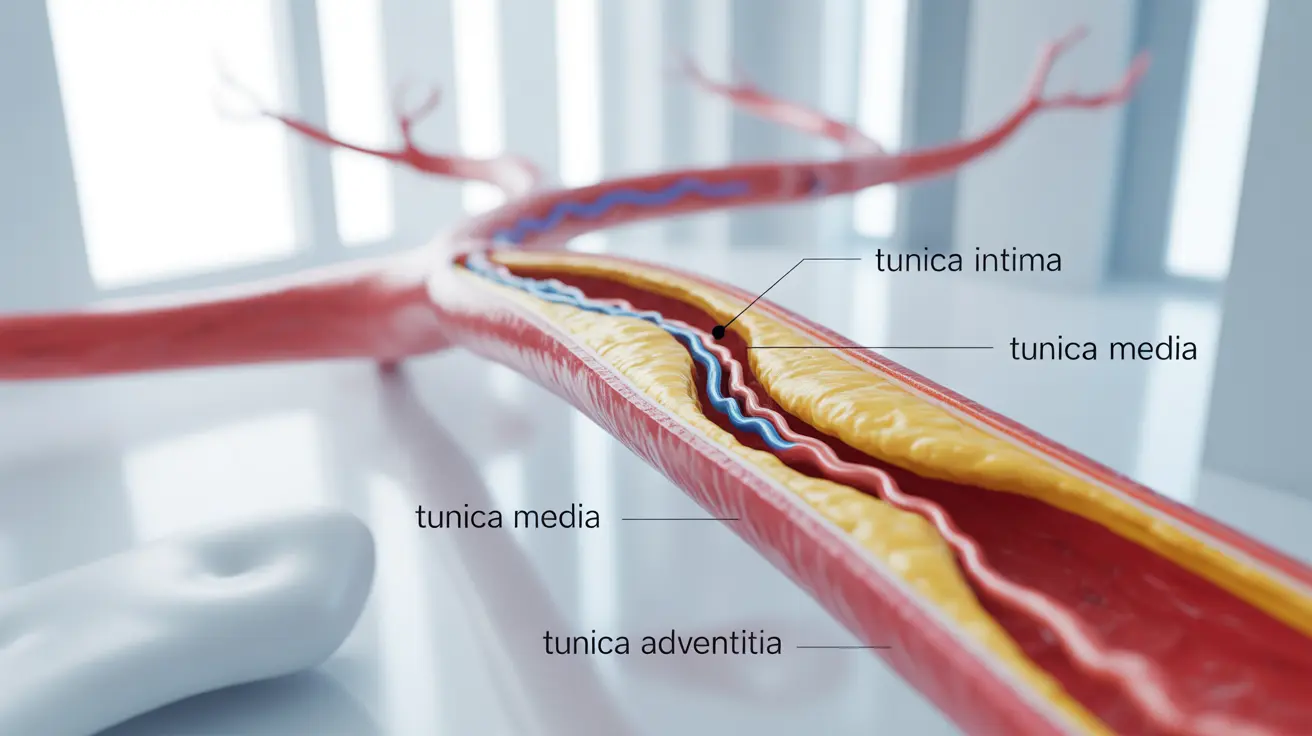Understanding how to unclog arteries is crucial for maintaining cardiovascular health and preventing serious complications like heart disease and stroke. While arteries can become clogged over time due to plaque buildup, there are both natural approaches and medical interventions that can help improve arterial health.
In this comprehensive guide, we'll explore evidence-based methods for managing arterial plaque, from lifestyle modifications to dietary changes, and discuss when medical intervention might be necessary.
Understanding Arterial Plaque and Its Formation
Arterial plaque consists primarily of fat, cholesterol, calcium, and other substances found in the blood. When these materials accumulate on artery walls, they can restrict blood flow and increase the risk of cardiovascular problems. Understanding this process is the first step in addressing arterial health.
Natural Methods to Improve Arterial Health
Dietary Changes
Making specific dietary modifications can significantly impact arterial health:
- Increase fiber-rich foods
- Choose healthy fats (omega-3s)
- Add heart-healthy nuts and seeds
- Incorporate berries and citrus fruits
- Include leafy greens daily
Exercise and Physical Activity
Regular physical activity plays a crucial role in maintaining healthy arteries:
- 30 minutes of moderate exercise 5 days per week
- Combination of cardio and strength training
- Walking, swimming, or cycling
- Yoga for stress reduction and circulation
Lifestyle Modifications
Several lifestyle changes can help prevent and manage arterial plaque:
- Quit smoking
- Maintain healthy weight
- Manage stress levels
- Ensure quality sleep
- Control blood pressure
Medical Interventions and When to Seek Help
While natural methods are beneficial, some situations require medical attention:
Common Medical Treatments
- Cholesterol-lowering medications
- Blood pressure medications
- Antiplatelet drugs
- Surgical procedures (in severe cases)
Always consult healthcare providers before starting any treatment program, especially if you have existing cardiovascular conditions.
Prevention Strategies
Preventing arterial blockage is easier than treating it once it occurs. Key preventive measures include:
- Regular health screenings
- Monitoring cholesterol levels
- Controlling blood sugar
- Maintaining healthy blood pressure
- Following a heart-healthy diet
Frequently Asked Questions
How can I naturally slow down or reduce plaque buildup in clogged arteries?
Natural methods include adopting a plant-based diet rich in fiber, exercising regularly, managing stress, and avoiding tobacco. Foods like garlic, turmeric, leafy greens, and fatty fish can help reduce inflammation and support arterial health.
What lifestyle changes and foods help improve arterial health and prevent clogged arteries?
Key lifestyle changes include regular exercise, maintaining a healthy weight, and following a Mediterranean-style diet. Beneficial foods include olive oil, nuts, whole grains, and plenty of fruits and vegetables.
Can regular exercise help unclog or improve the condition of blocked arteries?
Yes, regular exercise can help improve arterial health by reducing inflammation, lowering blood pressure, and improving cholesterol levels. Both aerobic exercise and strength training contribute to better cardiovascular health.
When are medical treatments like medications or procedures necessary for clogged arteries?
Medical treatments become necessary when lifestyle changes alone aren't sufficient, or when there's significant arterial blockage. Signs that medical intervention may be needed include chest pain, shortness of breath, or abnormal stress test results.
What are the main causes and risk factors that lead to clogged arteries?
Major risk factors include smoking, high blood pressure, high cholesterol, diabetes, obesity, physical inactivity, and family history of heart disease. Poor diet, excessive alcohol consumption, and chronic stress also contribute to arterial plaque buildup.




